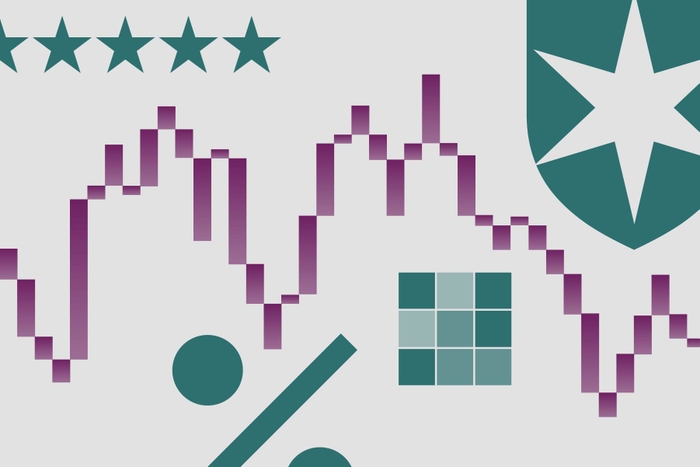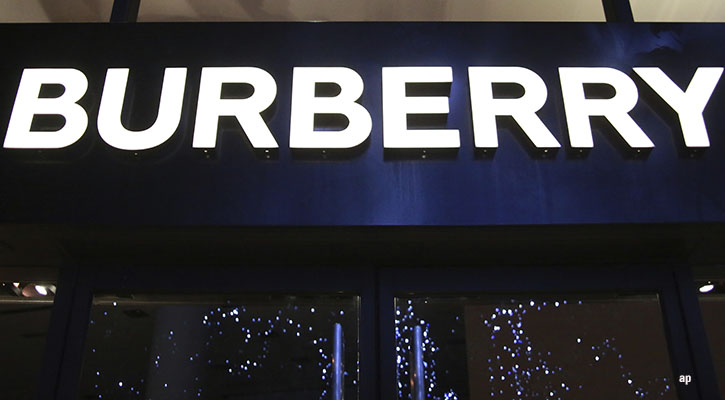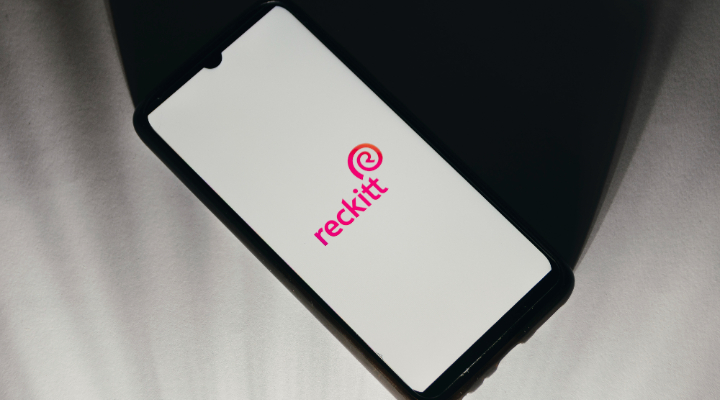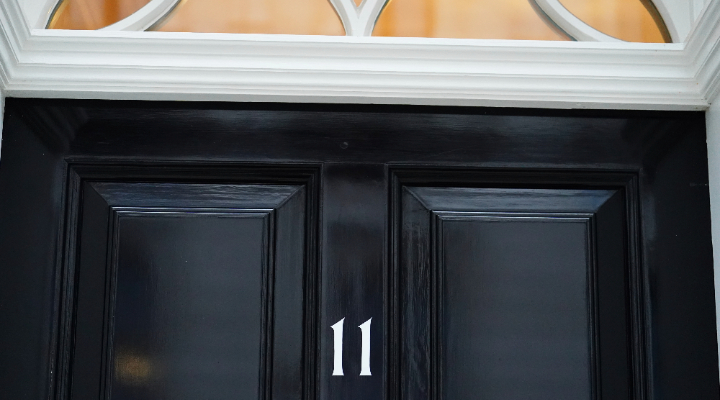Read more on ethical and sustainable investing in Morningstar's Ethical Investing Week 2013.
Why stop at your investment portfolio when it comes to ethical alignment? Banks and other financial institutions fail to make it past ethical funds' screening process due to how they invest depositors’ cash. Recent banking scandals such as the fixing of the Libor rate and the mis-selling of payment protection insurance have also confirmed SRI investors’ fears that some of the big banks simply do not possess good business ethics.
There is an alternative for savers who wish to vote with their feet - ethical banks.
Huw Davies, head of personal banking at Triodos, said the bank only lends to, and invested in, organisations that benefit people and environment. Triodos offers savings accounts and cash ISAs, and although they are not the best paying on the market, the rates are competitive.
"Triodos is one of a very small number of providers who could fit into the ‘ethical’ category," said Anna Bowes of SavingsChampion.co.uk. "But it should be remembered that Triodos is not covered by the UK financial services compensation scheme which protects depositors' cash – but instead the Netherlands equivalent."
Other ethical providers include Ecology Building Society, Co-op Group - made up of Co-op Bank, Britannia & Smile, Charity Bank and Reliance Bank.
According to Bowes, Britannia has had some pretty competitive accounts recently but other than that there is just a smattering of competitive accounts amongst them all.
"Sadly none that make it onto the best buy tables," she said. "Savers interested in ethical providers may need to sacrifice some interest in order to stick to their principles."
Ethical investment screening is very similar to that of sharia compliant investing. Sharia law bans consumers from investing in - among other things - arms, alcohol and tobacco.
The Islamic Bank of Britain does not operate its savings account in a usual way. Instead of paying savers an interest rate, which is banned by Sharia law, it invests savers cash in Sharia compliant companies. This profit is then shared amongst the members.
"Bank of London and the Middle East (BLME) and Islamic Bank of Britain are key providers and United Bank (UBL) offers a couple of Sharia products," said Bowes. "Many of these products are competitive – but they offer a projected return based on profit rather than a guaranteed rate of interest."
Sharia banking is open to all faiths.





























